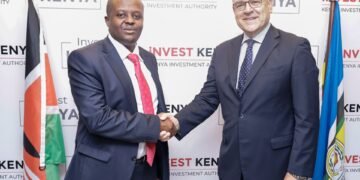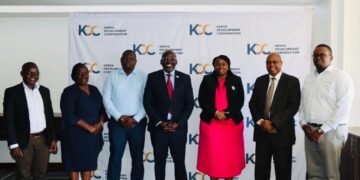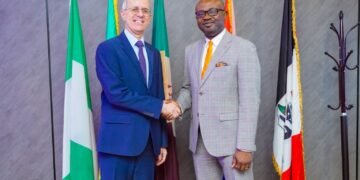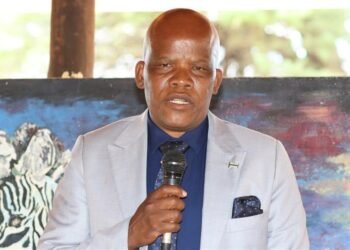A new study revealed that Tanzania could generate up to $11.7 billion (Sh31 trillion) in additional annual revenue and create over 25,000 jobs by processing its minerals locally instead of exporting them raw. The findings were presented at the CEO Roundtable of Tanzania (CEOrt) dialogue held on Tuesday at the Hyatt Regency Kilimanjaro in Dar es Salaam, themed “Manufacturing Africa: Minerals-to-Manufacturing Value Chains.”
The high-level meeting convened industry leaders, policymakers, diplomats, and strategic partners to explore how Tanzania can leverage its vast mineral wealth to climb the value chain. The UK-funded Manufacturing Africa study, conducted by McKinsey & Company and BDO in collaboration with ASNL Advisory, identified 14 high-impact investment opportunities across 11 minerals, including gold, graphite, rare earth elements, nickel, copper, cobalt, limestone, and phosphates.
The study highlighted that transitioning to value-added products like cement, ceramics, glass, refined gold, jewellery, and battery minerals could position Tanzania as a key player in the global green economy. These minerals are critical for green technologies driving global demand.
UK High Commissioner to Tanzania, Ms. Marianne Young, emphasized the UK’s commitment to supporting Tanzania’s industrialization goals. “This dialogue comes at a decisive moment for Tanzania. With its vast mineral endowment, the country can become a manufacturing hub for the region and a strategic player in the global green economy,” she said.
CEOrt Chairman David Tarimo underscored the need to move beyond raw mineral exports to achieve sustainable growth. “Mining contributes about 10 percent to Tanzania’s GDP, with gold accounting for nearly 80 percent of mineral exports. We see an opportunity to position Tanzania as a hub for processing industries targeting export markets,” he said. Tarimo added that prioritizing value addition aligns with Tanzania’s 2050 Vision and could drive growth for the next 25 years.
The session featured a panel discussion moderated by Ms. Anna Rabin, Managing Director of Above Ground Advisory and Australia’s Honorary Consul to Tanzania. Panellists called for consistent policies, investment-ready projects, and stronger public-private collaboration. Mr. Leonard Mususa, Board Chairman of Tanzania Breweries Limited, stressed the importance of bankable projects and local enterprise development. “By bringing together capital, partnerships, and advocacy, Tanzania can capture far more value from its mineral wealth,” he said.
Acting Commissioner for Minerals, Mr. Terence Ngole, reaffirmed the government’s commitment to partnerships that enhance value addition. He noted that minerals like cobalt, nickel, graphite, and rare earths are increasingly strategic as the global economy shifts toward green technologies. “The government is working closely with the private sector to reduce dependence on raw exports, strengthen our industrial base, and create thousands of jobs for Tanzania’s youth,” Ngole said.






























































